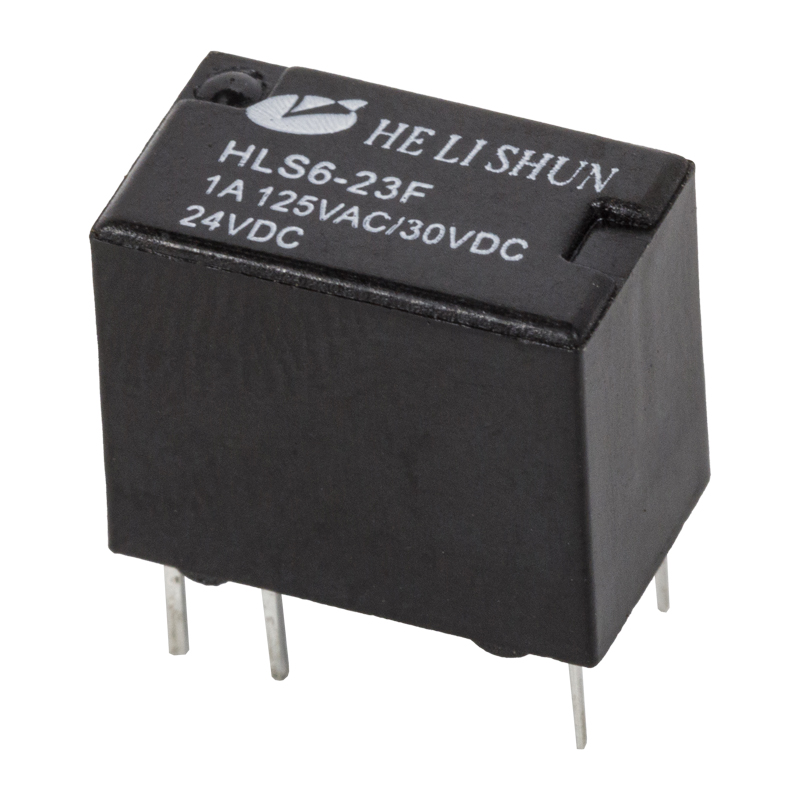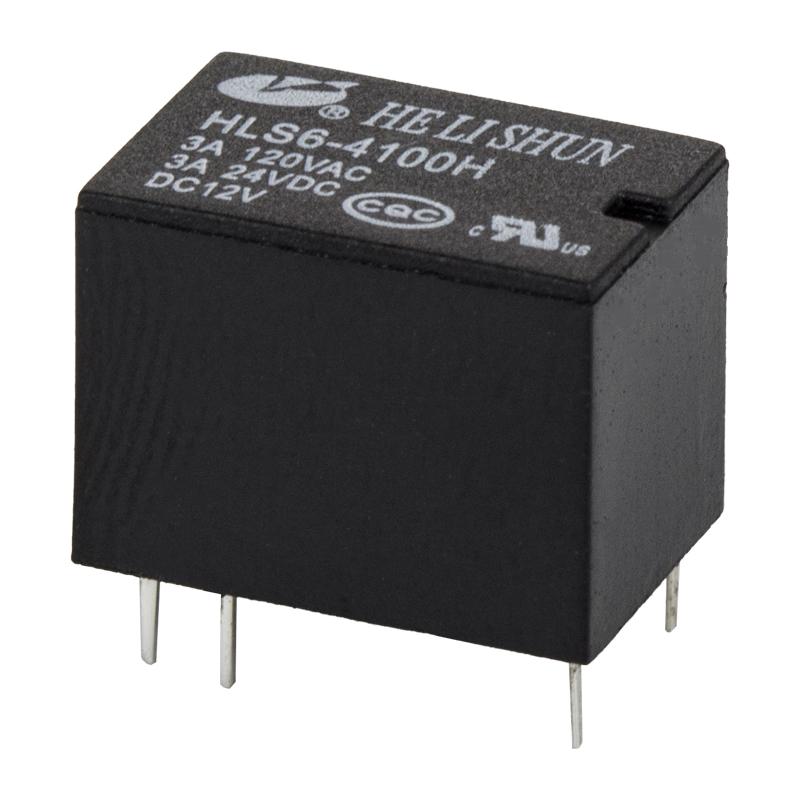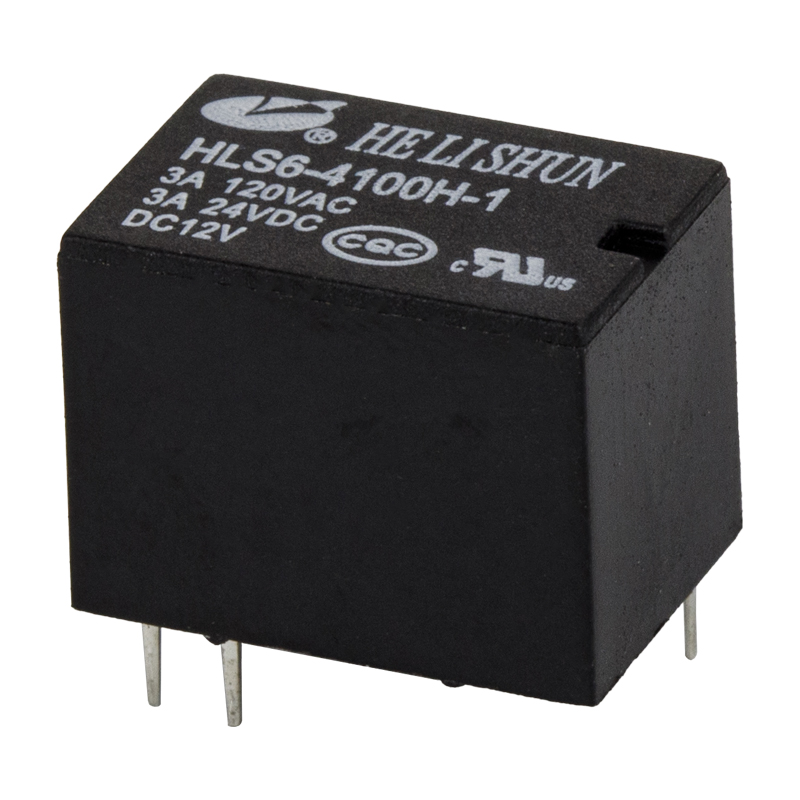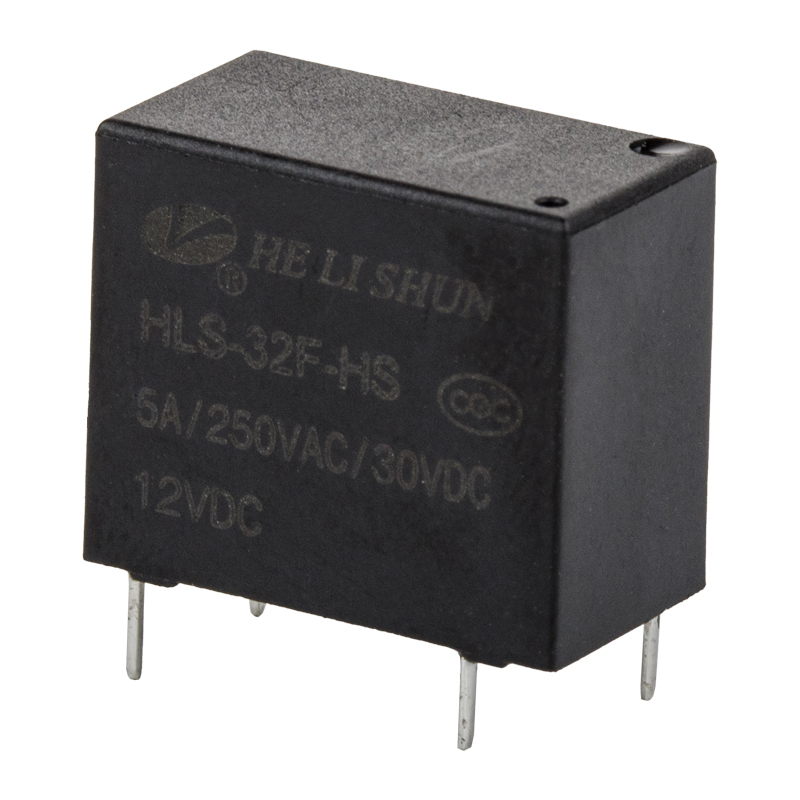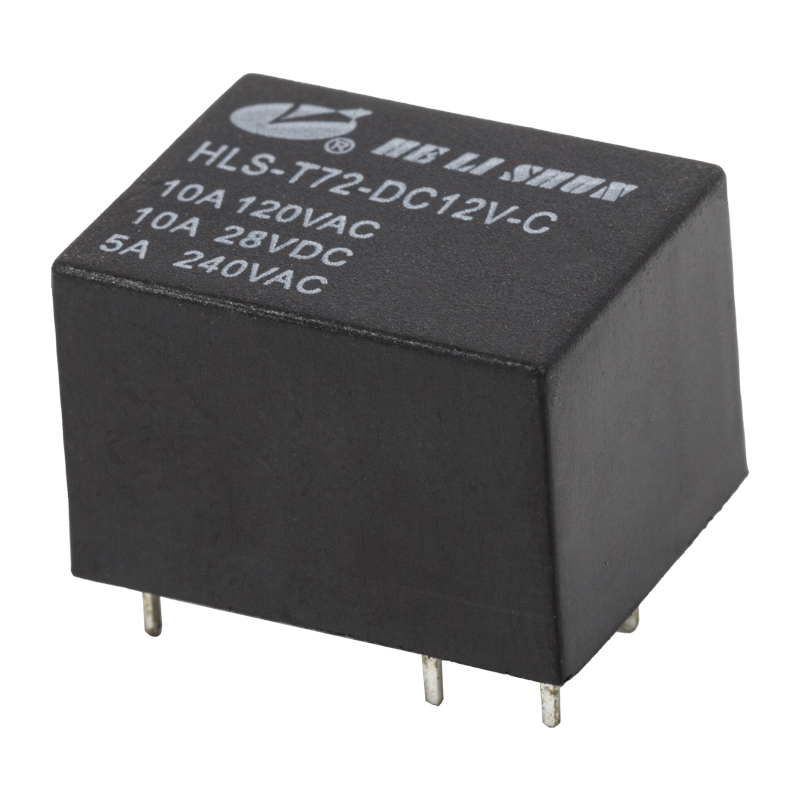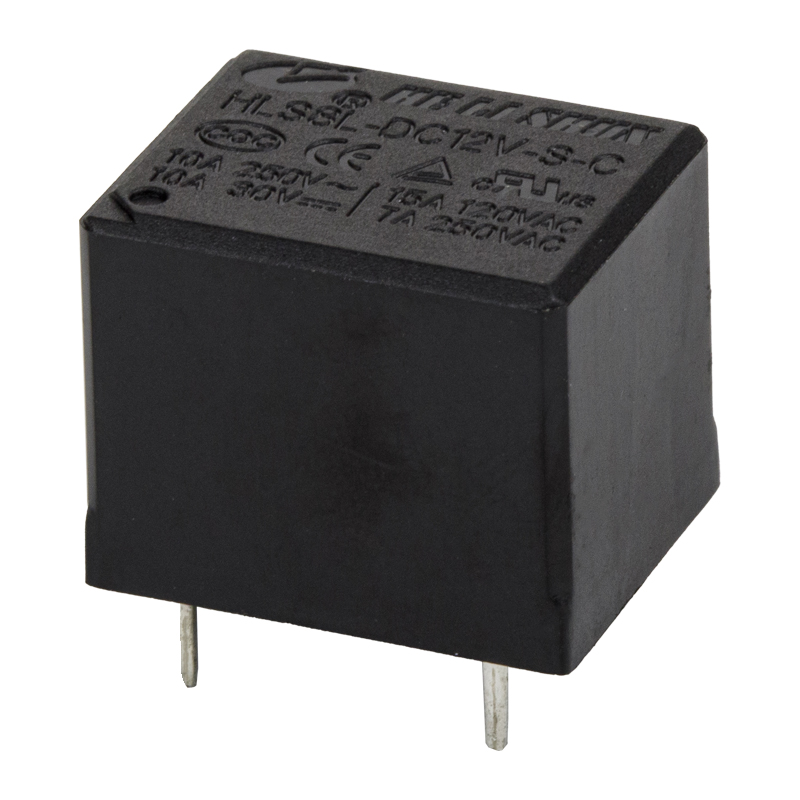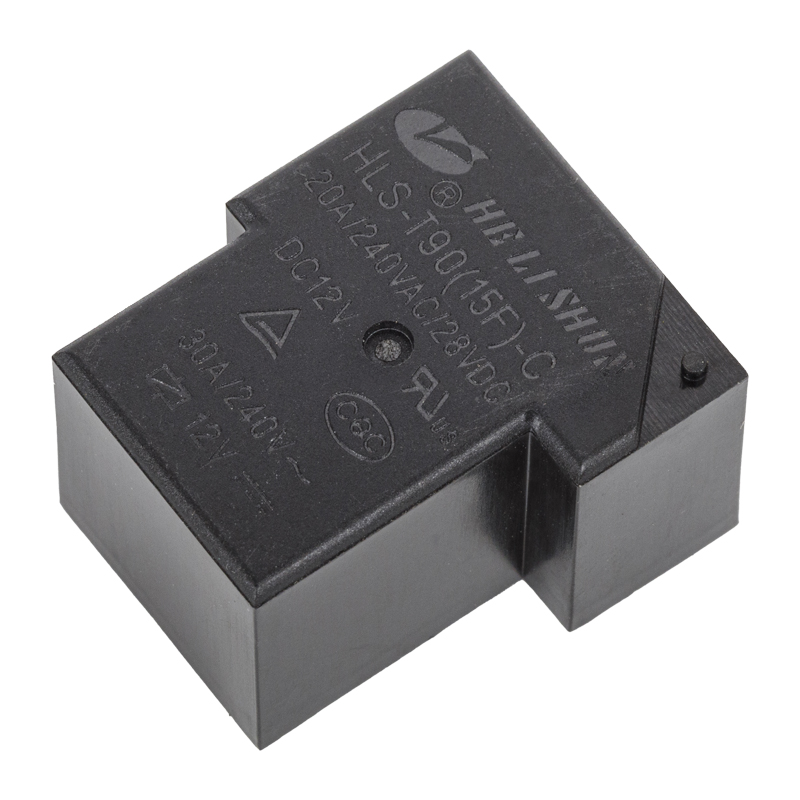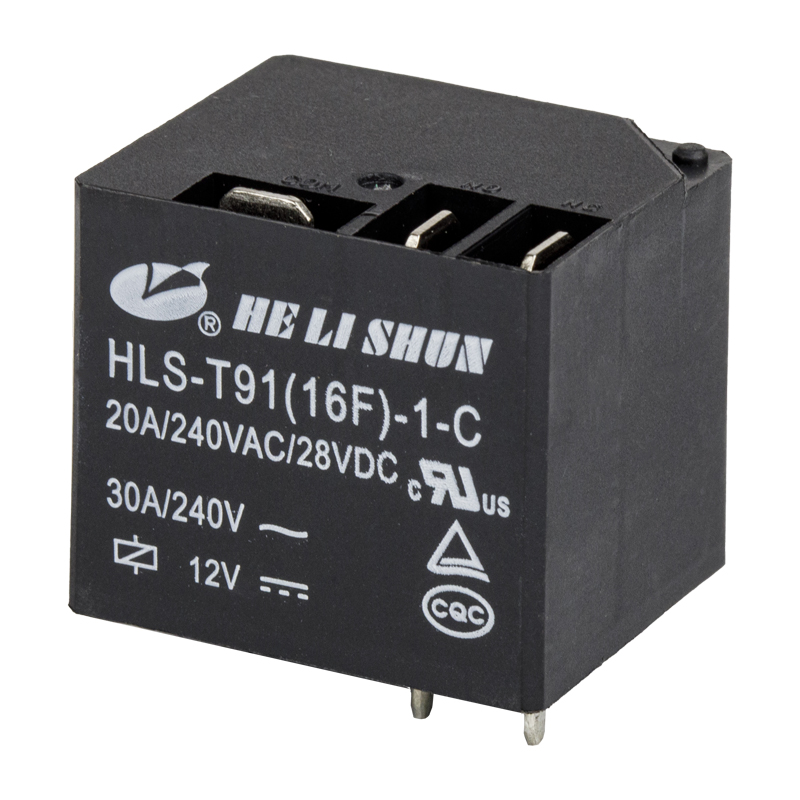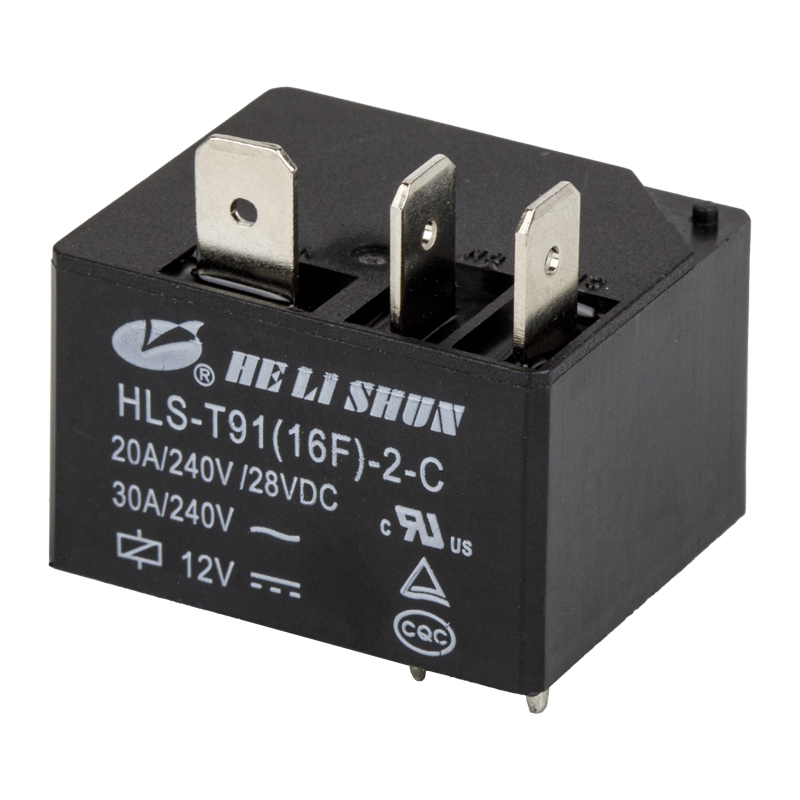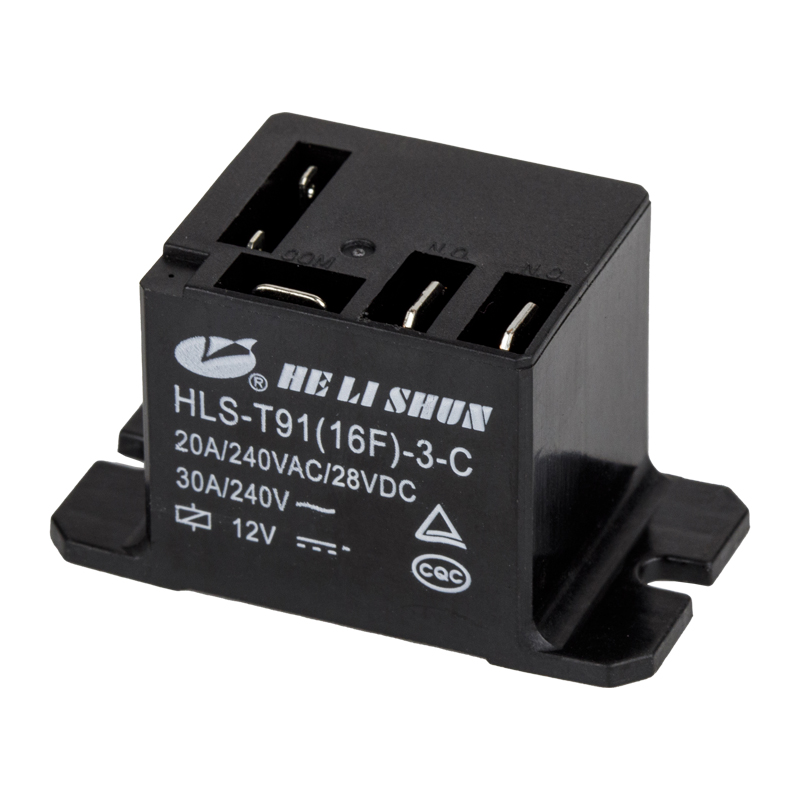In today's social context that pays increasing attention to sustainable development, energy management has become the key to improving energy efficiency and reducing energy waste. In this complex system, General Power Relay plays a vital role. This article takes an in-depth look at the critical role of universal power relays in energy management and how it contributes to energy efficiency improvements.
A universal power relay is a type of electromagnetic relay that is widely used in energy management systems. One of its main functions is to achieve precise control of various power loads by controlling and switching the current in the circuit. This technology can flexibly manage energy consumption by turning circuits on or off when needed through remote or automatic control.
In modern complex energy management systems, general power relays play the following key roles:
Load control: Universal power relays can effectively control a variety of electrical loads, such as lighting systems, heating equipment, and air conditioning systems. Through remote or automatic control, the system can enable or disable these loads when needed, allowing for flexible management of energy consumption.
Energy distribution: In large-scale energy management systems, general power relays ensure that different departments or equipment receive the appropriate amount of power supply by controlling the distribution of energy. This intelligent distribution helps avoid wasted energy and improves overall energy efficiency.
System Adjustment: Universal power relays can be used to adjust the operating mode of the energy management system. Based on changes in energy demand, the system can adjust its working mode by controlling the status of relays to maximize efficiency.
General power relays have played a significant role in improving energy efficiency:
Precise Control and Adjustment: Universal power relays ensure that each device uses power only when needed by providing precise load control and system adjustment. This precise control helps avoid ineffective energy waste and improves overall system energy efficiency.
Reduce standby power consumption: Many electrical devices still consume energy when they are not working, which is the so-called standby power consumption. By using universal power relays for load management, power can be effectively cut off from equipment, reducing standby power consumption and further improving energy efficiency.
Optimized energy distribution: Intelligent control of universal power relays helps ensure that each part receives the right amount of power. This not only reduces energy waste but also maximizes the overall energy efficiency of the system.
Automated system operation: The automation capabilities of universal power relays allow energy management systems to automatically adjust according to predetermined conditions without manual intervention. Such automated operations not only improve work efficiency, but also reduce the possibility of human error, further improving the energy efficiency of the system.
Respond to peak energy demand: During peak periods of high energy demand, general power relays quickly adjust the status of the system to meet demand, avoid system overload operation, and improve energy utilization.
In general, the role of general power relays in energy management systems is multifaceted. Through its precise control, intelligent operation and efficient system adjustment, it has made a huge contribution to energy efficiency improvement. In the pursuit of sustainable energy utilization, general power relay technology is becoming an indispensable part to achieve this goal.




 English
English 中文简体
中文简体
